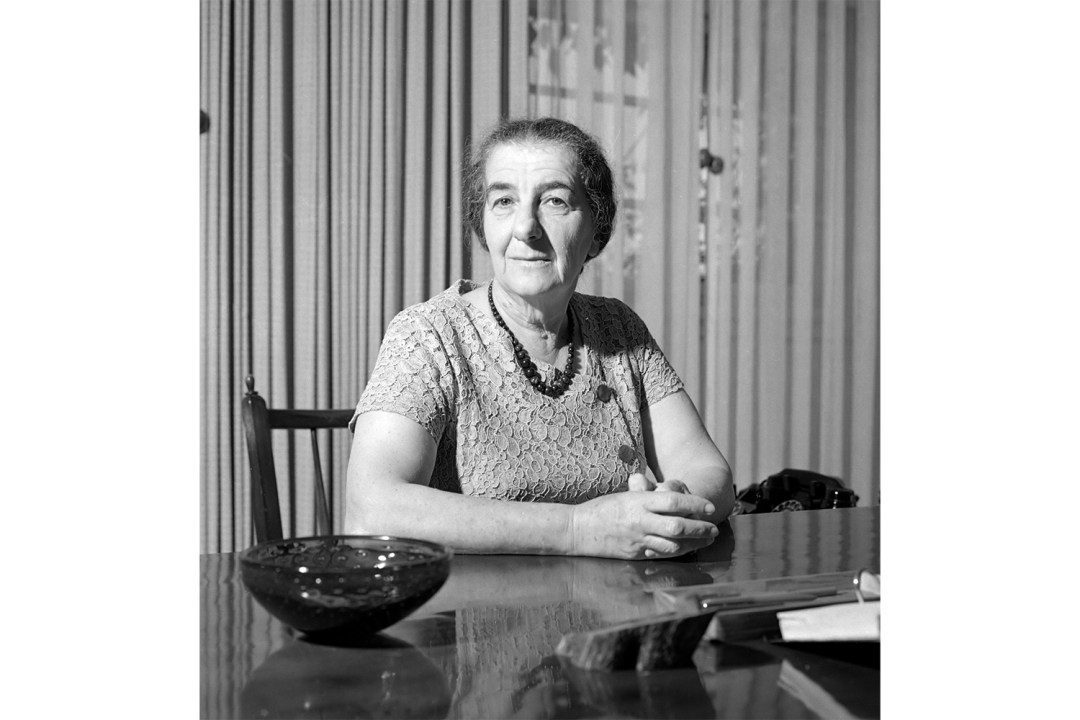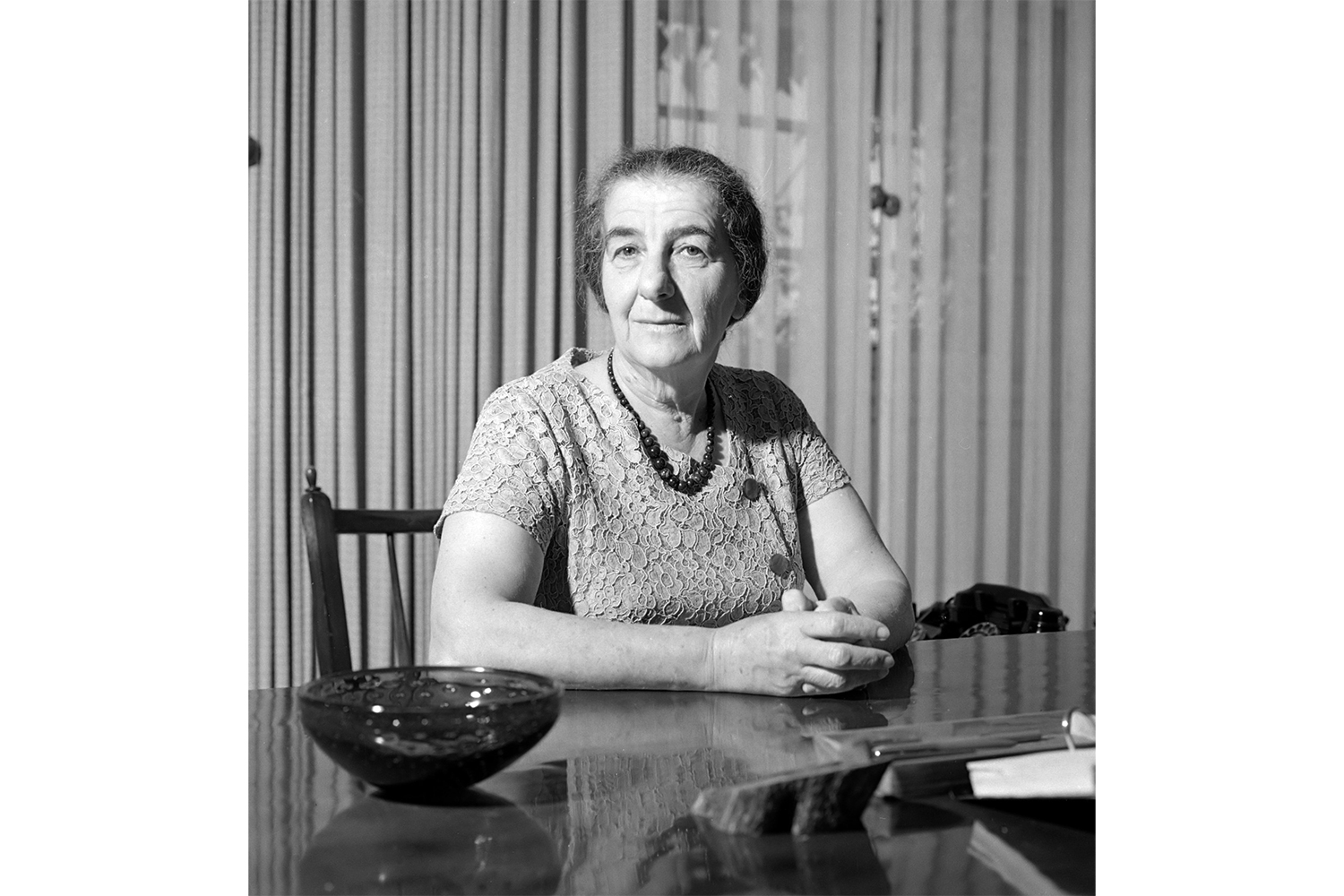Most of us are familiar with the notion of writer’s block, that paralysis of invention induced by the appalling sight of a blank page. Composer’s block is less widely discussed, although musicians seem equally afflicted by creative drought. Perhaps the best known case is that of the Russian composer Sergei Rachmaninov, the subject of Radio 3’s Sunday Feature, which describes how the great man finally fought his way out of a numbing three-year ‘apathy’ with the help of a hypnotist.
Rachmaninov fought his way out of a numbing three-year ‘apathy’ with the help of a hypnotist
The composer had been catapulted into his long despair by the hostile reception to his First Symphony in 1897. The work was not helped by a drunken conductor on its under-rehearsed opening night; one critic likened it to a depiction of the ‘seven plagues of Egypt’ that would be applauded by inmates of ‘a conservatory in Hell’. Rachmaninov’s saviour, after a few years, proved to be Nikolai Dahl, a viola-playing neurologist. Dahl induced a trance-like state in the gloomy composer – once described by Igor Stravinsky as ‘a six and a half foot scowl’ – while repeating: ‘You will begin to write a piano concerto. You will work with great facility. The concerto will be of an excellent quality.’ The suggestion worked: its triumphant outcome was his Second Piano Concerto, a runaway success which was later deployed to great effect in the film Brief Encounter, and still regularly tops the charts of most loved classical compositions.
This is a tale naturally rich in drama: it boasts a tortured genius, the agony of bad reviews, long dark nights of the soul, and a joyous return to musical form by unconventional means, all set in Russia at the turn of the 20th century. Unfortunately, this programme seemed so terrified of boring its audience that – instead of drilling down into the fascinating detail of Rachmaninov’s crisis – it skittered around the history of hypnosis from Franz Anton Mesmer to Jean-Martin Charcot, investing hectic energy in convincing us of what most people surely already know by now: that no, hypnotism isn’t just a stage stunt practised by men with intense eyes, but has serious applications.
Since much of the discussion with experts was backed by a soaring musical score, those who are not aural multi-taskers may find it difficult fully to enjoy either the music or the insights.










Comments
Join the debate for just £1 a month
Be part of the conversation with other Spectator readers by getting your first three months for £3.
UNLOCK ACCESS Just £1 a monthAlready a subscriber? Log in